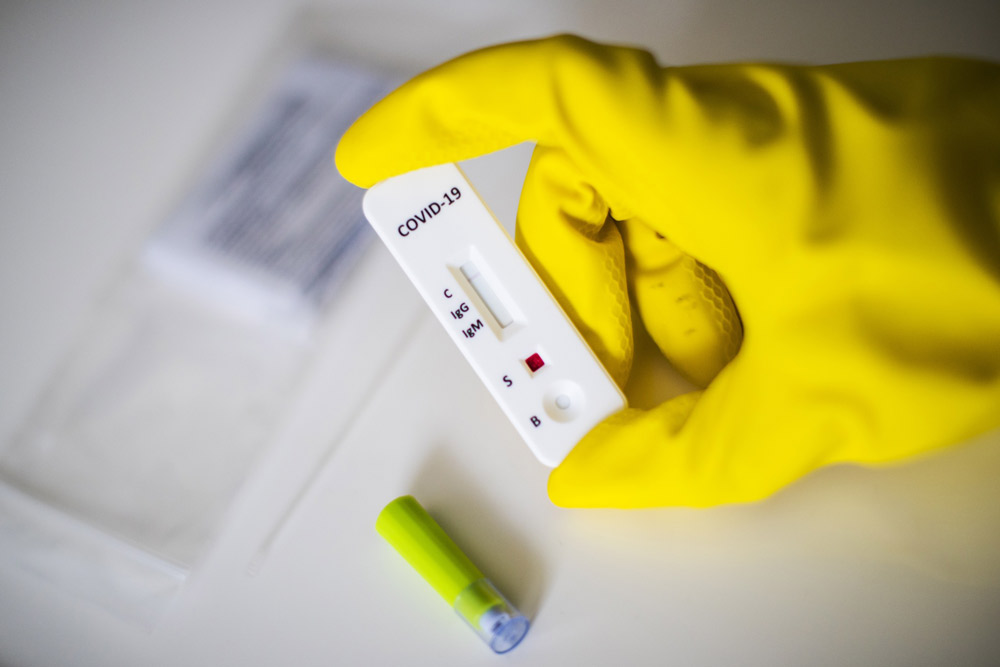Rapid Antibody COVID Testing In Thornhill

With all of the information and news floating around about COVID-19 testing, it’s no wonder that there’s so much confusion about these tests and how they differ. The rapid antibody COVID test detects antibodies in the blood when you’ve been infected with the virus or vaccinated against it. Once these antibodies are made, they can protect you from getting re-infected or severely ill afterwards. Whether they are made because of the infection or the vaccine, these antibodies will diminish over time.
COVID-19 is caused by the SARS-CoV-2 virus and what is known about it often changes quickly. However, until more data and information are available about how long these antibodies provide protection against getting infected with the SARS-COV-2 virus or becoming seriously ill with COVID-19, All Health Medical Centre recommends doing the following:
- In order to protect themselves as well as others, unvaccinated individuals should keep taking preventative steps and get vaccinated.
- Fully vaccinated people should follow the CDC’s guidelines and recommendations.
Testing for diagnosis purposes helps to determine whether you have COVID-19. It’s important to remember that the rapid antibody COVID test determines if you’ve had the virus and now have antibodies against it.
Rapid Antibody Testing found to be effective
A recent University of Michigan School of Medicine study revealed that antibody testing is an effective tool for detecting a prior COVID-19 infection. Despite the presence of some false positives, the study determined that 2 different rapid antibody tests agreed with positive lab testing results 93% to 97% of the time. Therefore, this would indicate that rapid screenings are just as effective at predicting infections with equal precision as laboratory-based antibody tests.
Why is the Rapid Antibody COVID Test important?
Rapid antibody testing, or serology testing as it is commonly referred to, is done by the All Health Medical Centre after a person has fully recovered from COVID-19. Eligibility for testing is based on availability. Healthcare professionals take blood samples in one of two ways –by drawing blood from a vein in a person’s arm or by pricking a finger.
The sample is then tested in order to determine if the person has developed antibodies against COVID-19. Unfortunately, there is insufficient evidence to prove that the presence of antibodies ensures that a person is protected against getting re-infected. This is because the level of immunity and the length of time that it lasts are as yet unknown. Eventually, more data will be revealed as studies are ongoing.
Timing and Type of Testing affects Accuracy
If a person is tested too early and the immune system response is still building, the test may not detect antibodies. Consequently, the All Health Medical Centre recommends waiting a minimum of 14 days after the onset of any symptoms. Although the FDA has authorized specific rapid antibody COVID tests, there are still tests with questionable accuracy on the market.
A primary benefit of accurate rapid antibody testing is that individuals who’ve recovered from the virus may be able to donate plasma which could be used for treating others and boost their ability to fight the virus. This is referred to as convalescent plasma. In addition to rapid antibody testing, we offer PCR and rapid antigen testing for COVID-19.
For additional information or to schedule testing for businesses or individuals, call All Health Medical Centre today at [email protected].
